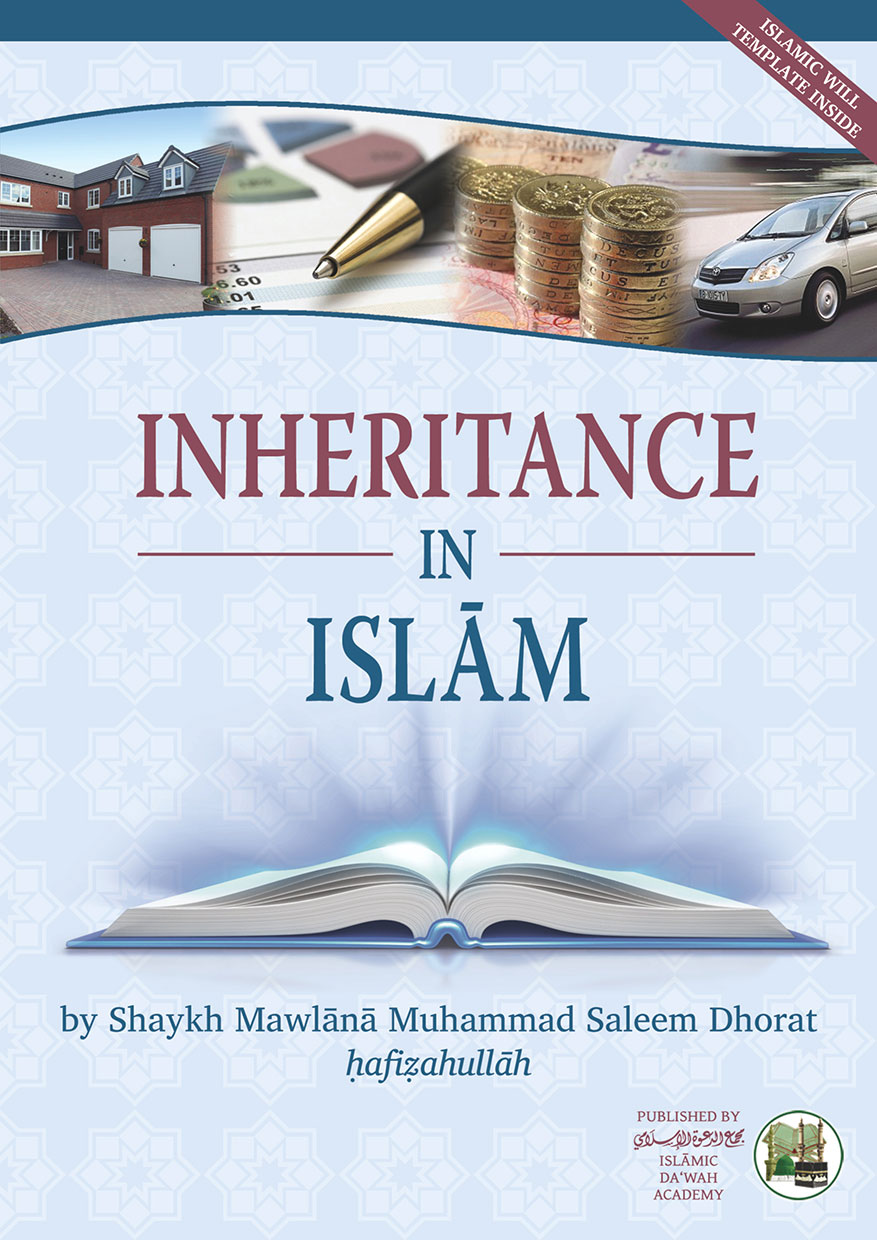![]()
16th Jumādal-Ākhirah 1442 AH ~ Friday 29th January 2021
By Shaykhul-Hadīth, Hadrat Mawlānā Muhammad Saleem Dhorat hafizahullāh
Taking loans
Allāh ta‘ālā has full control over the financial situation of each and every person. Whether a person is well off or struggling to make ends meet, this is all decreed by Allāh ta‘ālā.
For those struggling financially, taking a loan is a way of alleviating financial difficulty. However, one should try his utmost to avoid taking loans as they can lead to many ills. This is why Rasūlullāh sallallāhu ‘alayhi wasallam would make the following du‘ā:
اَللّٰهُمَّ إِنِّيْ أَعُوْذُ بِكَ مِنَ الْمَأْثَمِ وَالْمَغْرَمِ
O Allāh! I seek refuge in You from sins and debt.
When Rasūlullāh sallallāhu ‘alayhi wasallam was asked as to why he frequently sought refuge in Allāh ta‘ālā from being in debt, he said, “Indeed, when a person incurs a debt, he will lie when he speaks and he will break promises whenever he makes them.” (Al-Bukhārī, Muslim) It is evident from the hadīth that after taking a loan, if a person is unable to repay on time, he will resort to lying and breaking promises.
As loans are often taken from family and friends, if there are delays in repaying or fulfilling promises, it will eventually lead to disputes that will destroy family ties and friendships. This point is captured in an Arabic saying:
الْقَرْضُ مِقْرَاضُ الْمَحَبَّةِ
Loans are the scissors of love.
Therefore, one should always try to avoid taking loans. However, our Dīn has made taking loans permissible for situations when one has no other choice. If one has to resort to taking loans they should keep the following points in mind:
• The option of taking a loan is only for those who are in dire need. It is not appropriate for a person to take a loan just to fulfil one’s desires, for example spending on holidays, expensive cars and unnecessary house extensions.
• The loan arrangements should be in complete conformity with the rules and injunctions of Dīn. Loans should not be taken from interest-based sources nor have impermissible conditions.
• One should have a genuine and sincere intention to repay the loan as the assistance of Allāh ta‘ālā will be with him. Rasūlullāh sallallāhu ‘alayhi wasallam has said:
One who takes the money of people with the intention of repaying it, Allāh ta‘ālā will repay it on his behalf. (Al-Bukhārī)
This means that Allāh ta‘ālā will create the means and grant barakah in his sustenance, to enable him to repay the debt.
• One should make every effort to repay the loan on time. If one is unable to do so, the creditor should be informed and a polite request made for extra time.
• One should refrain from unnecessary spending whilst being in debt, as this will result in delays in repaying the loan.
• One should make a record of the loan, whether it is large or small, so that the loan and its amount are not forgotten. This will save disputes in the future.
• If one has not paid off a loan before his death then he should make a provision in his will for its repayment. If he passes away without paying off the loan or making a bequest, he will be questioned in the Court of Allāh ta‘ālā.
Granting loans
Those who have the means should support those who are in need by giving loans. Allāh ta‘ālā grants extra wealth to people so they can help others who are in need. Therefore, those who have been blessed with more than their needs should spend as much as possible in good causes; one such good cause is giving loans.
Rasūlullāh sallallāhu ‘alayhi wasallam said: “On the night of Mi‘rāj, I saw written on the door of Jannah, ‘(The reward of) Sadaqah is ten times and (the reward of giving a loan) is eighteen times.’ I asked, ‘O Jibra’īl! Why is giving a loan better than sadaqah?’ He said, ‘Because the beggar may ask and already have, whilst the one asking for a loan only asks when in need.’” (Ibn Mājah)
After giving a loan, if a situation arises where the debtor is finding it difficult to repay on time, the creditor should extend the time for repayment. Allāh ta‘ālā says:
If he (the debtor) is in financial difficulty, then allow him grace until a time of ease (when he will be able to pay back easily)… (2:280)
Even better than extending the time, is waiving the repayment of the loan. If the loan is of such an amount that waiving it completely will not bring any difficulty upon the lender, then it is better to do so. Allāh ta‘ālā says:
…and that you forgo it as charity is much better for you, if you really knew. (2:280)
And for those who forgive others and waive their debts, Allāh ta‘ālā will definitely be merciful towards them on the Day of Qiyāmah. Rasūlullāh sallallāhu ‘alayhi wasallam has said:
Allāh will grant a place in His shade to that person who grants respite to a poor person (in the repayment of a debt) or cancels the debt (partly or altogether). (Muslim)
Managing expenditure to avoid debts
Those who have been granted barakah in their wealth should try their utmost to ensure a situation does not arise whereby they are forced into taking loans. One method of doing so is by controlling expenditure so that it is in accordance to our income. It should not be the case that our expenditure exceeds our income, thereby taking us into debt.
Hadrat Muftī Muhammad Shafī‘ rahimahullāh and Hadrat Mawlānā Masīhullāh Khān rahimahullāh would say: “Income is not in our control; but expenditure is, so what is not in our control should be based on what is in our control.”
Nowadays, people just spend without any consideration of their income. This is incorrect. There is a saying in English, “Stretch (one’s) legs according to the coverlet (bedspread).” If one stretches his legs more than his bedspread, he will feel cold, but if he stretches according to the size of the bedspread he will remain comfortable. Similarly, if we let our expenditure go beyond our income, we will fall into debt, and if we limit our expenditure according to our income, we will always remain financially stable.
The reason why many people complain about their financial circumstances is the fact that they spend on things they do not need. If we analyse our weekly shopping for example, we will realise that 20-30% of our purchases are unnecessary. Why should one who is in dire circumstances be spending £10-£15 a week on luxuries like chocolates, sweets or soft drinks? Many of us come across items which are on offer e.g. “buy one, get one free,” and we immediately purchase these items thinking that we are getting a good deal. However, the reality is that most of the time we are not in need of even the one item we are paying for.
This is why we must make a list of the things we need before we go shopping and not think about it whilst we are there. Make a list and then only buy what is on the list, so that we can avoid unnecessary expenditure.
In summary, we must be grateful to Allāh ta‘ālā for the wealth that He has given us. This gratitude demands that we take care of it and not squander it here and there, so that we become compelled to take loans. If a situation arises where we must take a loan, then we should keep in mind the points that have been mentioned above.
May Allāh ta‘ālā grant us the ability to act upon these advices. Āmīn.
Extracted from Riyāḍul Jannah, Vol. 28 No. 2, Feb 2019
© Riyādul Jannah
• Please forward this message on to all your contacts •



